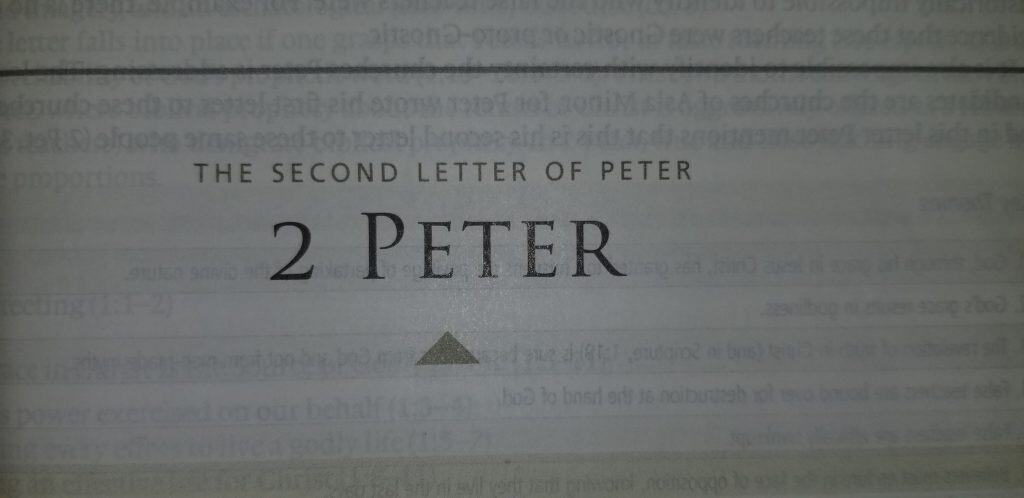⏱️ Estimated Reading Time: 4 min read
If you want to mock Christians, just haul out the old stereotype: An eager evangelist wearing a sandwich board that says The End is Near. He or she feels compelled to warn passersby of their impending doom. The passersby, meanwhile, continue to pass by, a stream of humanity moving towards their own purposes without a passing glance. No one listens. The evangelist is proved crazy simply because no one heeds the warning.
2 Peter 3:4 asks the question we’ve all asked, if we’re honest. “Where is the promise of his coming?” Even the disciples and early church struggled to understand God’s timing. John records some of Jesus’ last words, a promise that “A little while, and you will see me no longer; and again a little while, and you will see me” (John 16:16). But how long did he mean by “a little while”? Peter wants to help believers who are pondering this promise. He reminds believers that those who mock Christians by pointing out that “things are continuing as they were from the beginning of creation” (2 Peter 3:4) have to “deliberately overlook” the history of creation in order to make this argument. Because the history of creation shows that things have not always gone smoothly on the planet. God has indeed intervened to display his judgment. Just a few paragraphs earlier in this same letter, Peter recalls how God used both fire and water to judge sin (and display his power to save) (2 Peter 2:4-10).
These mockers who claim Christ’s second coming is never going to happen are “bold and willful” as they blaspheme “about matters of which they are ignorant” (2 Peter 2:10, 12). Peter says they are willing to “deliberately overlook” that “the earth was formed out of water and through water by the word of God” (2 Peter 3:5). Well, of course! We don’t know how the world will end, but neither were we there when the world began.
This is not unlike the conversation God has with Job after hearing Job’s complaint against him. God asks “Who is this that obscures my plans with words without knowledge?” (Job 38:1). Who are you to question God? Then, God displays his power over creation as the one who set boundaries for the waters (Job 38:10), who has been to the “springs of the sea” and knows where all this water comes from (Job 38:16), and who is able to “tip over the water jars of the heavens” at just the right time (Job 38:37).
So here is a valid question to ask of those who mock believers who proclaim Jesus is coming again: Where did all this water come from? How do we happen to be creatures dependent on water who live on a planet which is two-thirds water? Theories on where water comes from abound (Meteors? Leftover from the cosmic bang?) but we are still asking the same question God asked Job “Does the rain have a father?” (Job 38:28).
Drawing our attention to water, Peter beautifully illustrates the vast scope of our ignorance when it comes to matters of God. The earth was “formed out of water and through water by the word of God” (2 Peter 3:5) which is mysterious enough, but not only that, “by means of these the world that then existed was deluged with water and perished” (2 Peter 3:6). Water, present at the creation and provided with generosity and restraint throughout all of human history, was also at one time the means of God’s judgment. We live every day trusting that God will restrain the waters of the earth, keeping them within their proper boundaries. God is the one who says to the water “This far you may come and no farther; here is where your proud waves halt” each and every day (Job 38:11). But he has also already demonstrated that he also has the power to allow the water to spill over those boundaries.
And just as the flood proved God’s power over creation long ago, we can trust that God’s promised judgment is coming when Christ returns.




